Every year, TIME magazine announces their "Person of the Year", which recognizes "the person or group of people who most influenced the news during the past year, for better or for worse."
Last year, President Donald Trump was given the title, despite a lot of controversy. This year, Trump claimed he "took a pass" on the title.
"Time Magazine called to say that I was PROBABLY going to be named "Man (Person) of the Year," like last year, but I would have to agree to an interview and a major photo shoot. I said probably is no good and took a pass. Thanks anyway!"
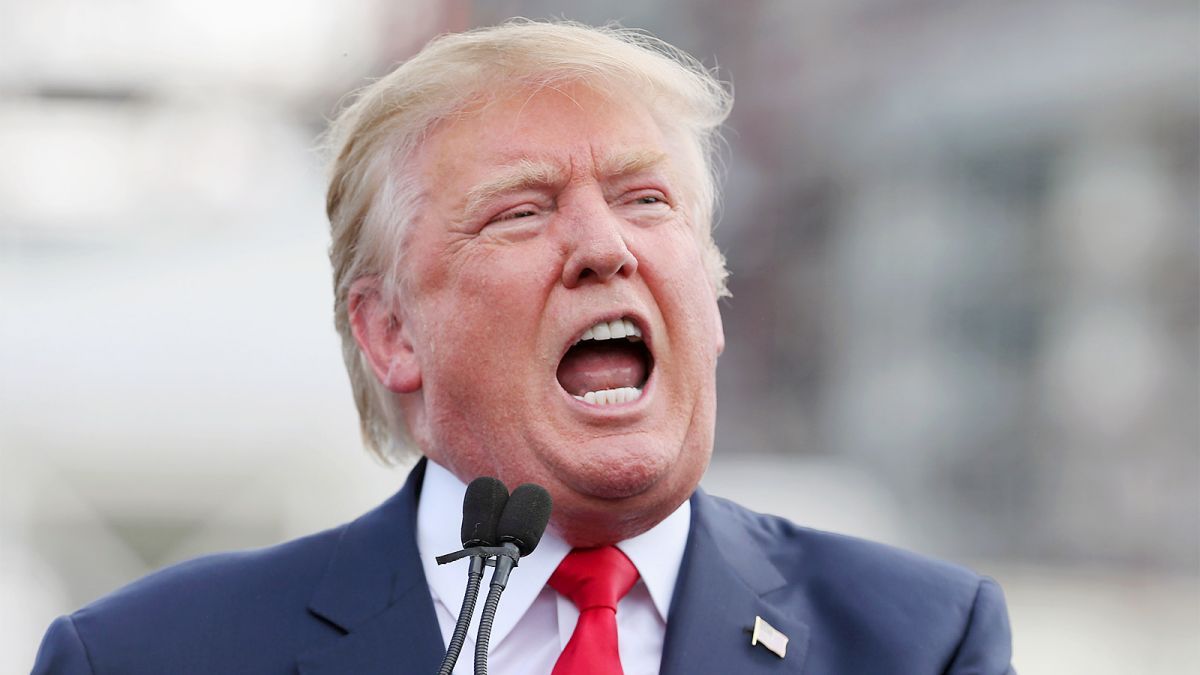
TIME clarified that he was never called, but when they released the shortlist for "Person of the Year", Trump was on there.
This was the full shortlist for "Person of the Year":
- Jeff Bezos, the Amazon CEO who officially was named the richest man in the world
- The Dreamers, undocumented immigrants who were brought to the United States when they were children
- Patty Jenkins, the first woman to direct a film that made more than $100 million in its opening weekend
- Kim Jong Un, North Korean leader
- Colin Kaepernick, launched the movement of kneeling during the national anthem to protest racism and police brutality
- The #MeToo movement, which shed light on the sexual harassment and assault that women (and men) face in both the entertainment industry, and real life
- Robert Mueller, who is leading the investigation into Donald Trump's possible collusion with Russian officials to influence the presidential election
- Crown Prince Mohammed bin Salman, led a crackdown on businessmen and members of the royal family who were accused of corruption
- Donald Trump, president of the United States
- Xi Jinping, president of China
So who was named this year's "Person of the Year"?
This morning, TIME announced their person of the year is actually a group of people: The Silence Breakers, the people who started the #MeToo movement.
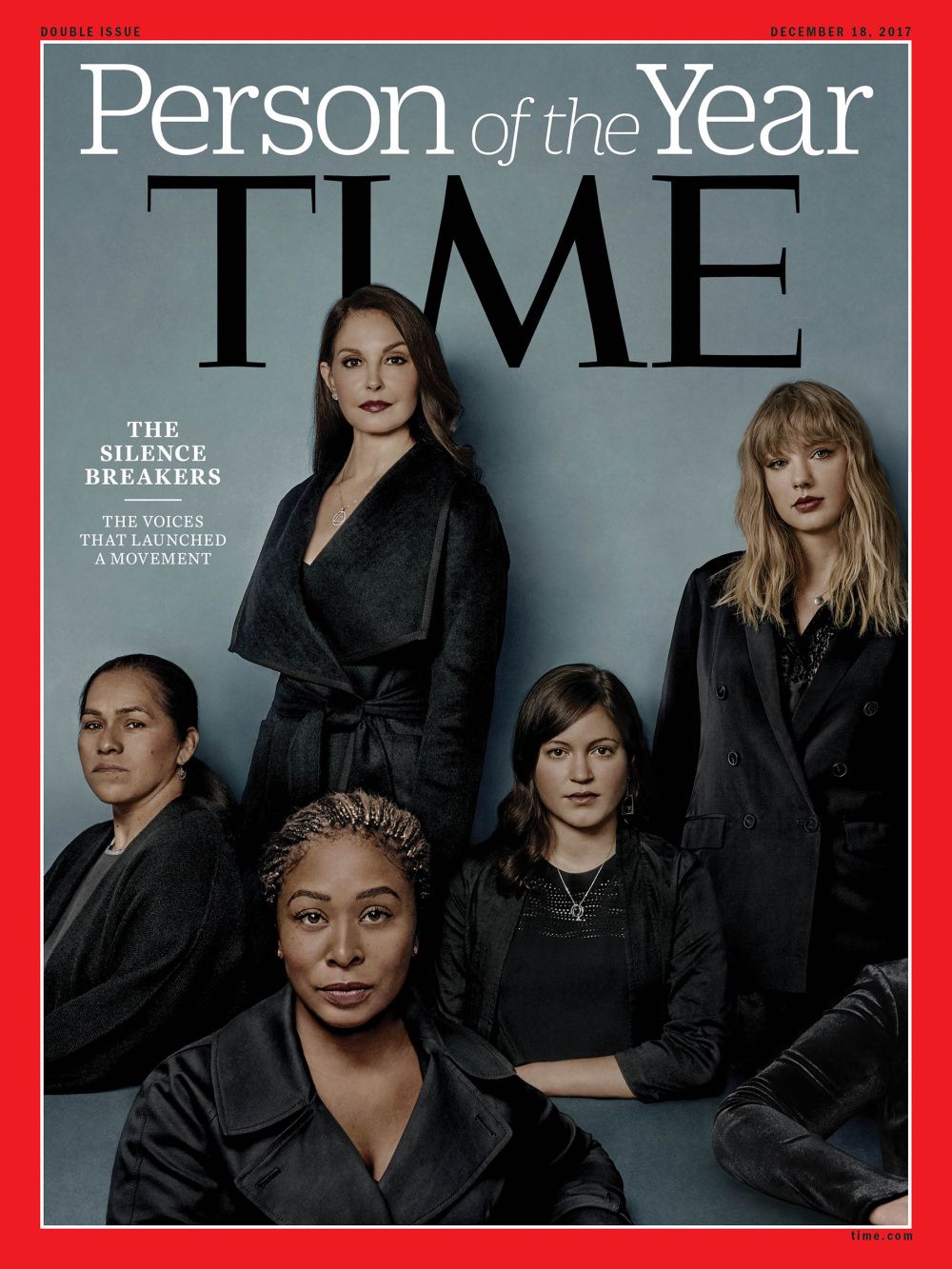
"This reckoning appears to have sprung up overnight. But it has actually been simmering for years, decades, centuries," TIME said. "These silence breakers have started a revolution of refusal, gathering strength by the day, and in the past two months alone, their collective anger has spurred immediate and shocking results: nearly every day, CEOs have been fired, moguls toppled, icons disgraced. In some cases, criminal charges have been brought."
The cover features actress Ashley Judd, singer Taylor Swift, former Uber engineer Susan Fowler, lobbyist Adama Iwu, and strawberry picker Isabel Pascual (a pseudonym to protect her family). There is also an arm cut off on the right side of the magazine. What most people believed to be a mistake is actually intentional.
"The image you see partially on the cover is of a woman we talked to... who doesn't feel that she can come forward without threatening her livelihood," clarified TIME editor-in-chief, Edward Felsenthal.
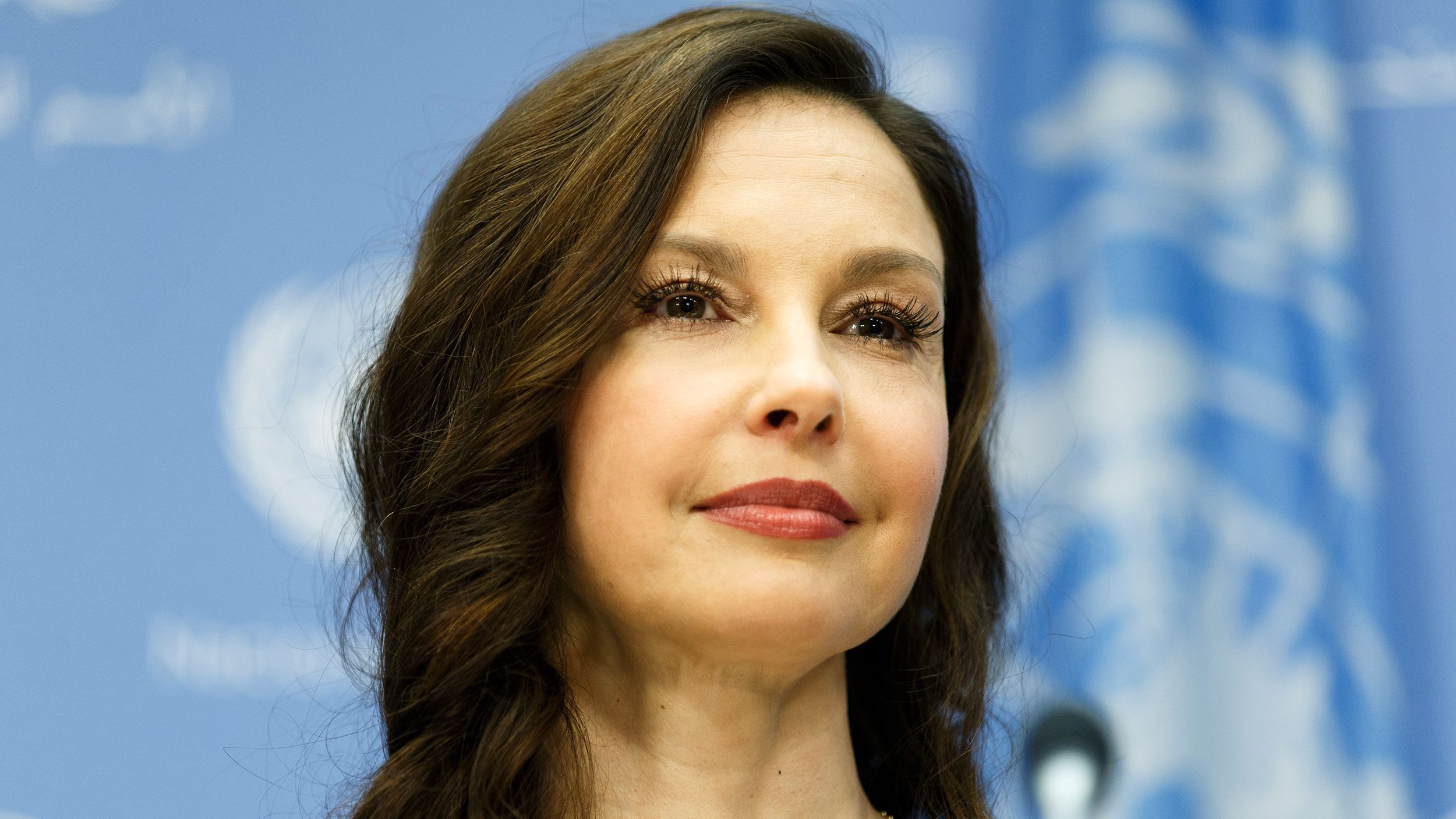
Ashley Judd was one of the first celebrities to speak out against Harvey Weinstein and his habitual assault.
"I started talking about Harvey the minute that it happened," Judd says in an interview with TIME. "Literally, I exited that hotel room at the Peninsula Hotel in 1997 and came straight downstairs to the lobby, where my dad was waiting for me, because he happened to be in Los Angeles from Kentucky, visiting me on the set. And he could tell by my face"”to use his words"”that something devastating had happened to me. I told him. I told everyone."
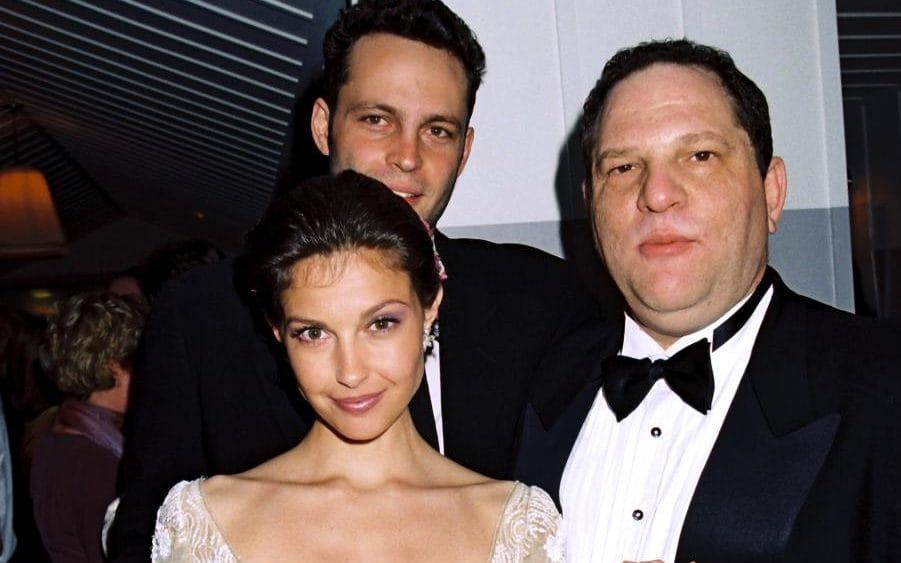
"Were we supposed to call some fantasy attorney general of moviedom?" Judd asks. "There wasn't a place for us to report these experiences."
Taylor Swift made headlines when she sued a radio host for groping her during a photo shoot.
"I figured that if he would be brazen enough to assault me under these risky circumstances," she said, "Imagine what he might do to a vulnerable, young artist if given the chance. When I had to testify, I had already had to watch this man's attorney bully, badger, and harass my team, including my mother...I was angry."
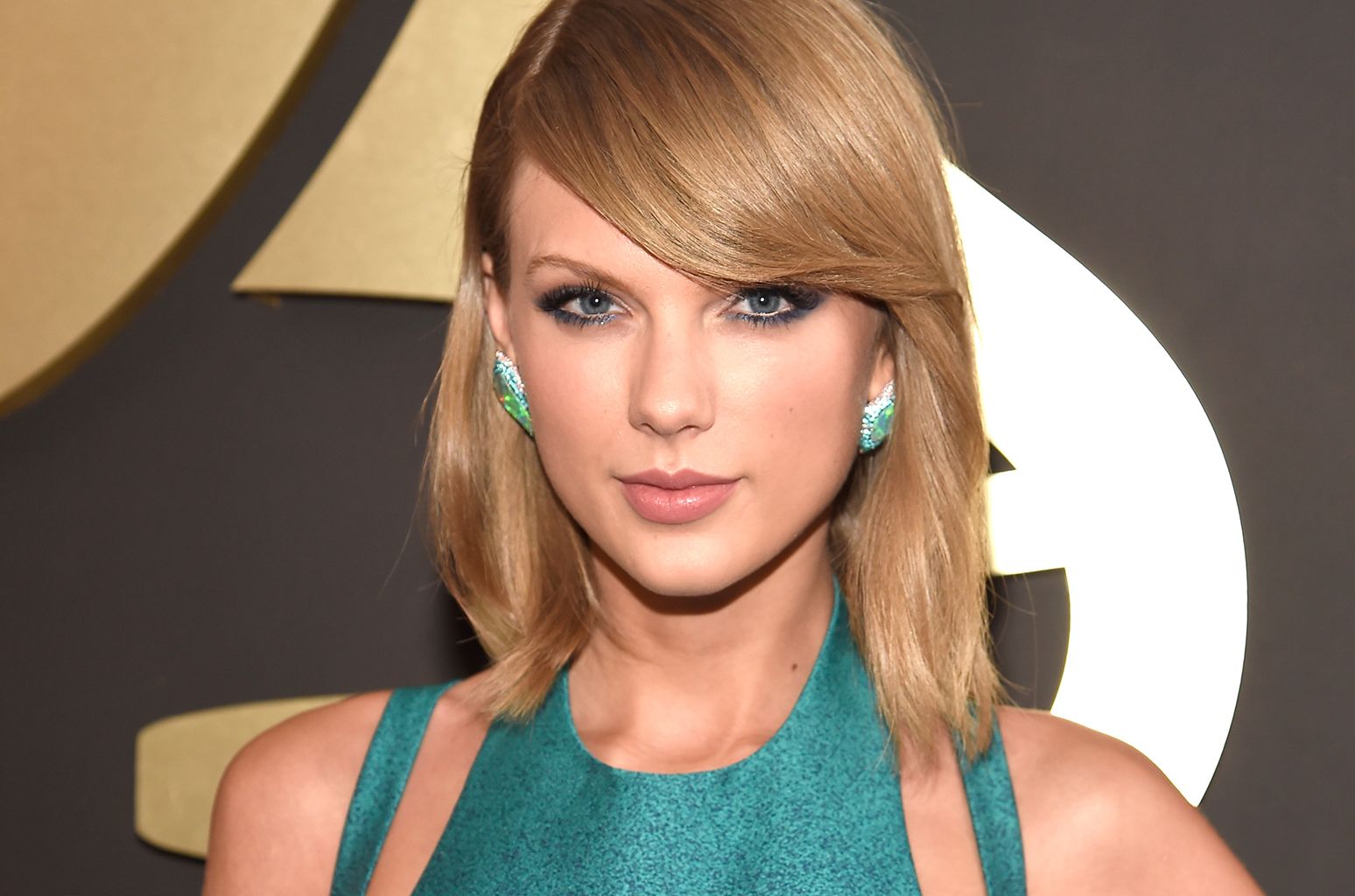
But it's not like the #MeToo movement is completely new. Ten years ago, activist Tarana Burke started to use the phrase as a way to build solidarity among women. Actress Alyssa Milano tweeted out the phrase in 2017, along with a call to all people who had been sexually harassed, and it instantly blew up.
Susan Fowler says although it was scary, blowing the whistle on sexual assault is empowering.
"I remember feeling powerless and like there was no one looking out for us because we had an admitted harasser in the White House," Fowler says. "I felt like I had to take action. There's something really empowering about standing up for what's right. It's a badge of honor."
What do you think of TIME's choice for "Person of the Year"?

